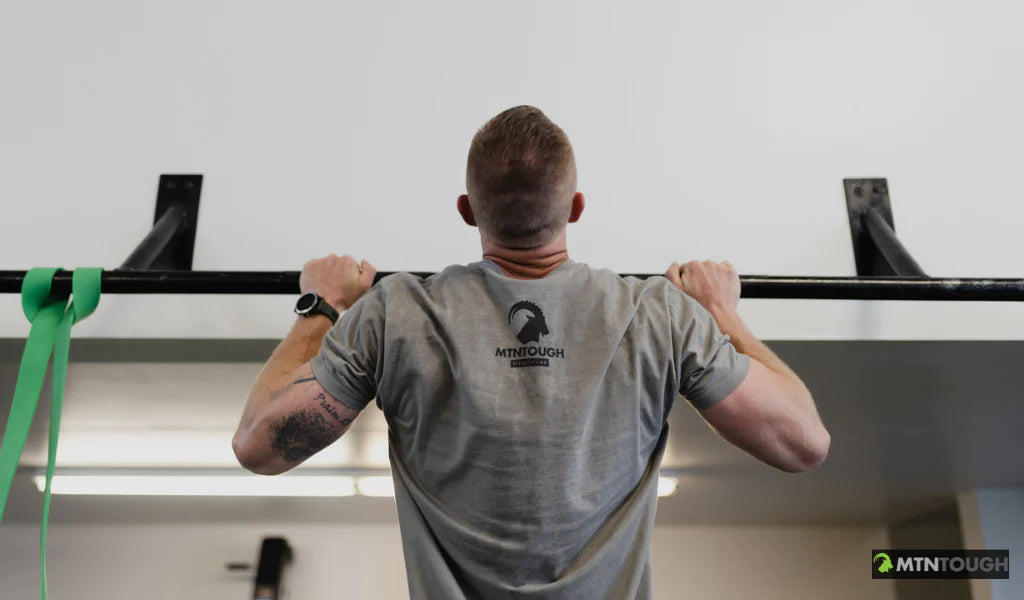Greetings,
I’m looking hard at taking a trip out west next year. listening to those who have done it, the common thread is that everyone seems to wish they had prepped more for all the walking, exertion. I did a lot of backpacking in my teens, but not since. I’m 42, pretty active and my wife makes sure I eat fairly healthy. Im mainly looking for recommendations on conditioning for the hunt. Should I load up my pack and spend time hiking? should I look at a gym membership? Who’s done it before and what’s your advice?
Thanks.
I’m looking hard at taking a trip out west next year. listening to those who have done it, the common thread is that everyone seems to wish they had prepped more for all the walking, exertion. I did a lot of backpacking in my teens, but not since. I’m 42, pretty active and my wife makes sure I eat fairly healthy. Im mainly looking for recommendations on conditioning for the hunt. Should I load up my pack and spend time hiking? should I look at a gym membership? Who’s done it before and what’s your advice?
Thanks.



